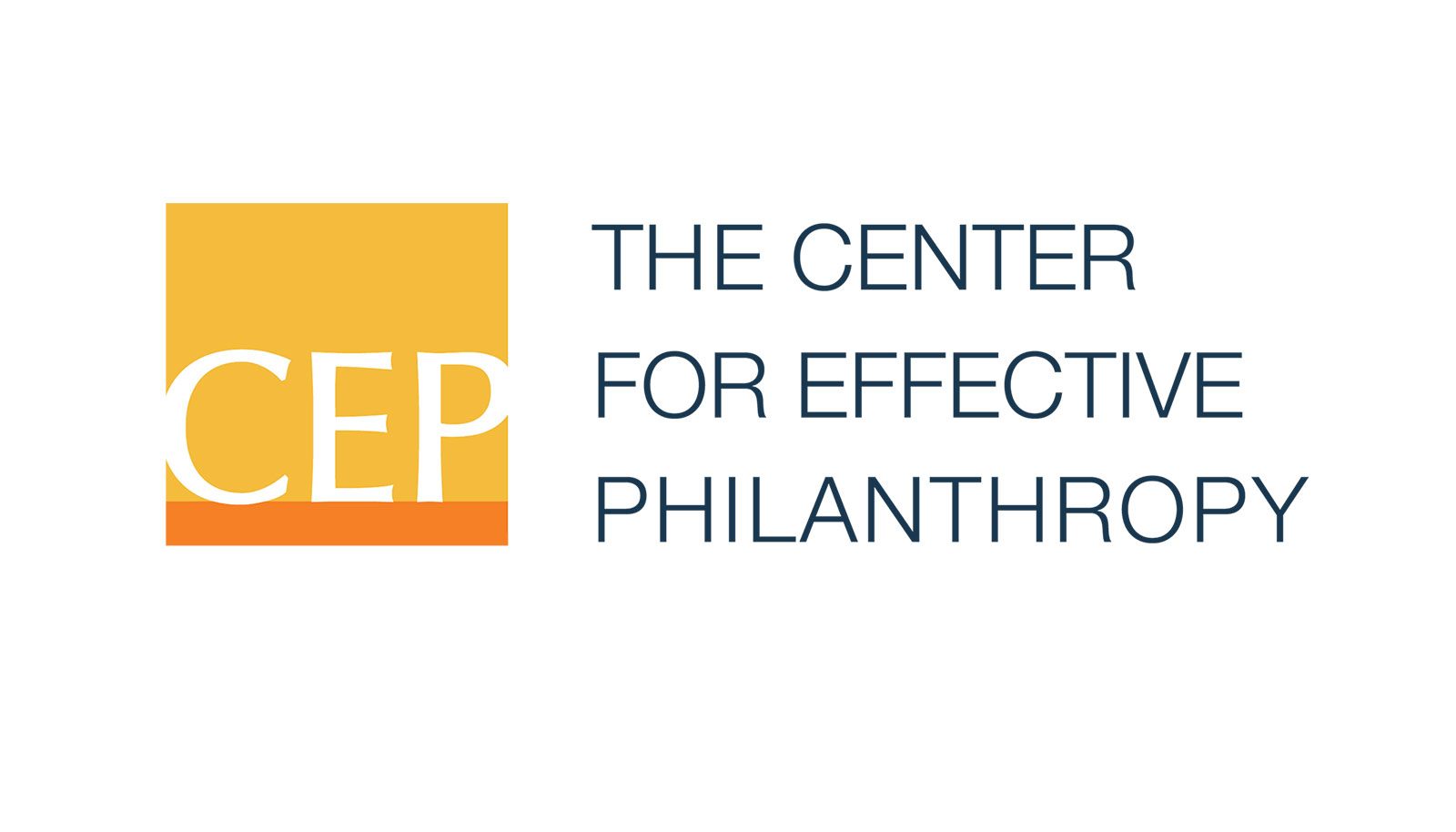In early spring of 2020, as the COVID-19 pandemic worsened, foundations in the U.S. began to respond by shifting resources and practices. Some funders, nonprofits, and others in the field called for fundamental changes in how funders approach their work — including upping the provision of long-term, flexible funding; shifting the funder–grantee power dynamic; placing greater trust in nonprofits; and increasing foundation payout.
The pandemic has exacerbated long-standing structural inequities — especially in Black, Latino, Native American, low-income and working-class communities, and for people with disabilities. As such, foundations have also been called on to invest in communities hit hardest by the pandemic, and to integrate racial equity more comprehensively into their work.
Given these calls, what’s actually changing in foundations’ practices? And what does this mean for the future?
The Center for Effective Philanthropy (CEP) explored these questions through surveying and interviewing U.S. foundation leaders. This three-part research series, Foundations Respond to Crisis, shares what was learned.
Data collection instruments used to gather information for these reports are available here.




